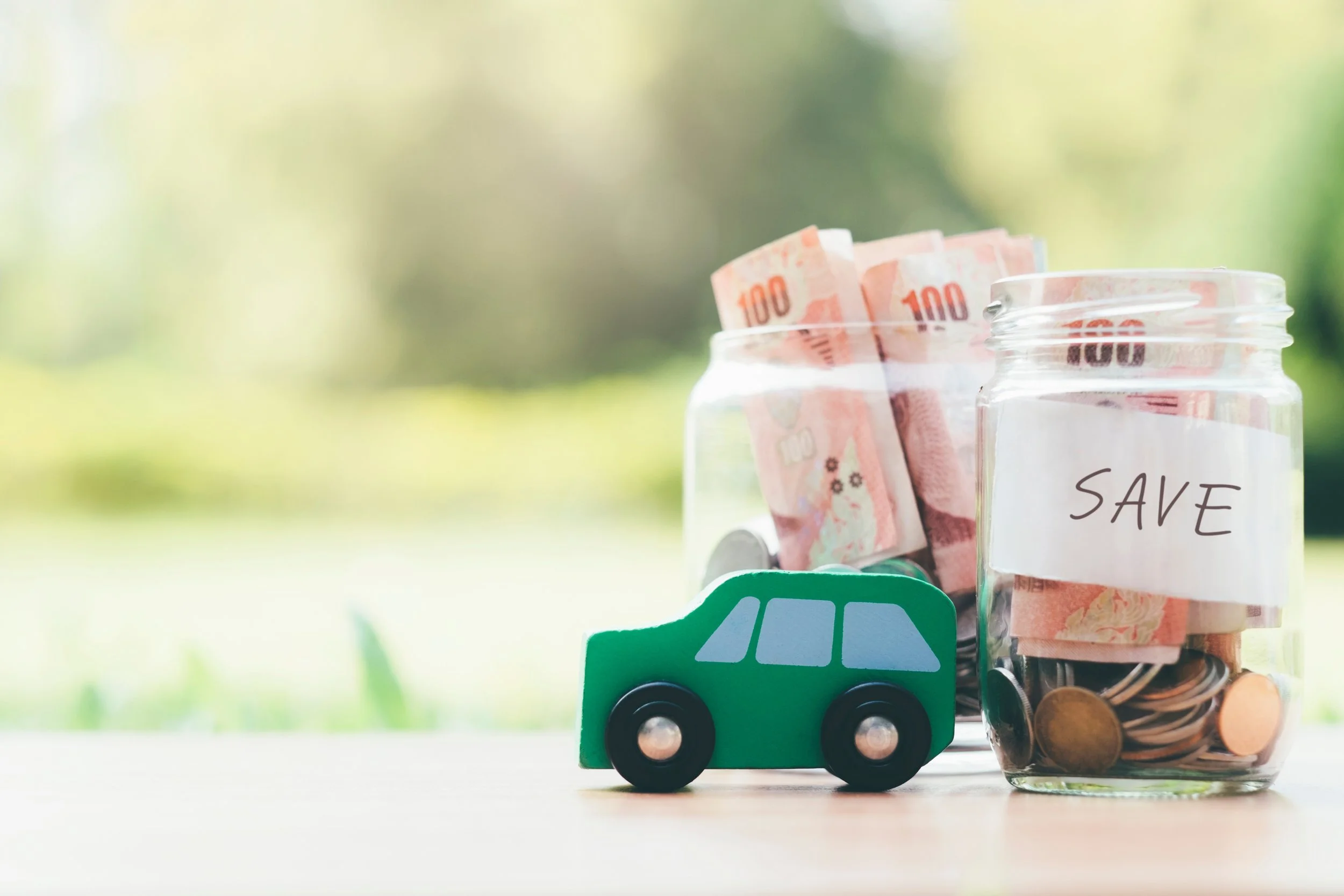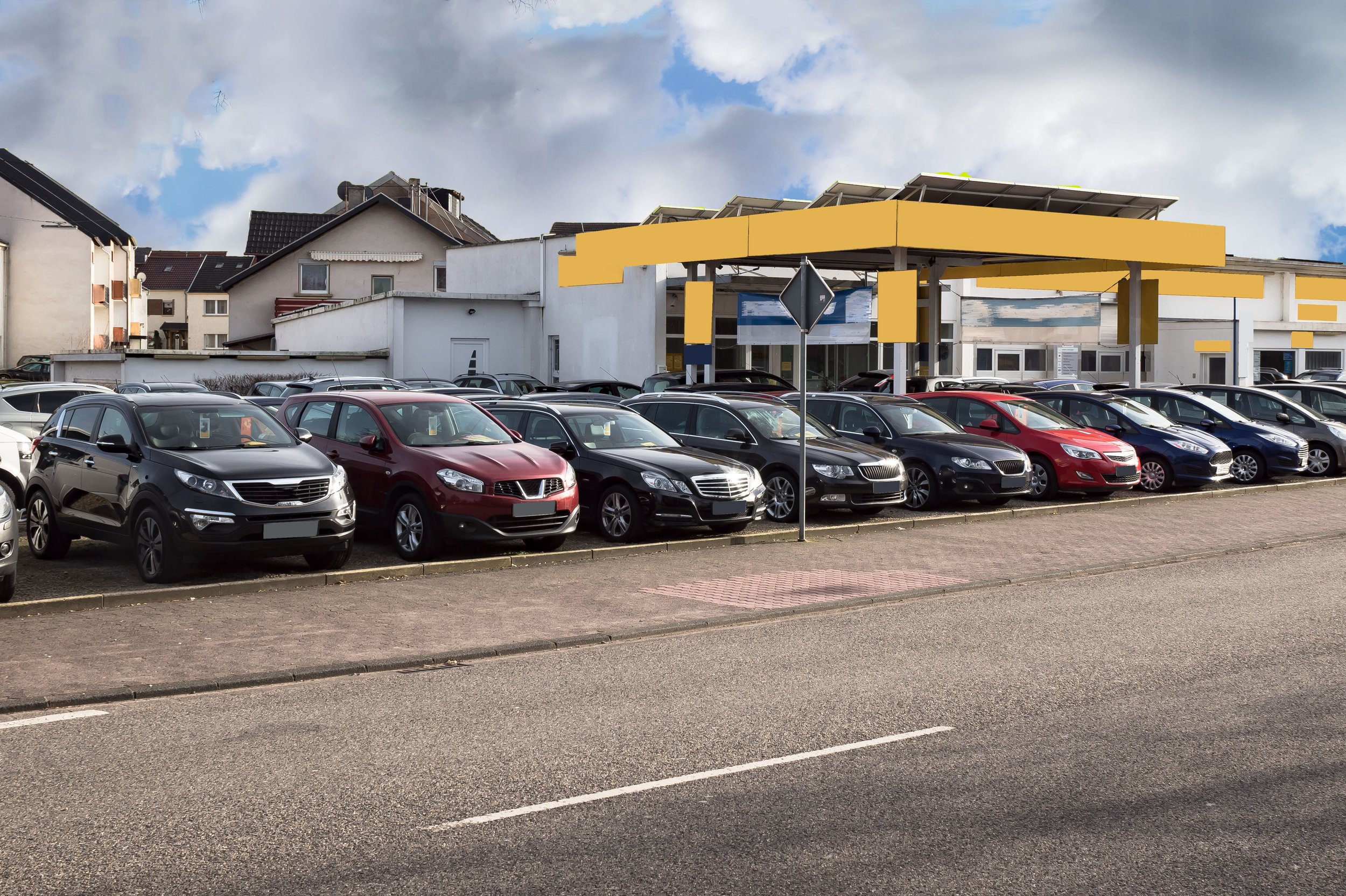Disclaimer:
The information provided by Dirt Legal is for general informational purposes only and does not constitute legal or financial advice. Please consult your CPA or attorney for guidance on all financial and legal matters.
Is Buying a Used Car Worth It?
Buying a car is an exciting milestone, but it can also feel like stepping into a maze of decisions. At the heart of it all lies one key question: should you go for the sleek appeal of a new car or the budget-friendly charm of a used one? This choice isn't just about the sticker price—it’s about finding a vehicle that fits your lifestyle, goals, and long-term needs.
New cars have an undeniable appeal. They offer the latest in cutting-edge technology, advanced safety features, and that unmistakable new-car smell. Plus, they come with the peace of mind of a full warranty and no wear-and-tear from previous owners. But all these perks come at a premium. If staying under budget is your top priority, a new car might stretch those limits.
On the other hand, used cars can be an excellent choice for those seeking practicality and value. They’ve already taken the biggest depreciation hit, meaning you could potentially drive away in a higher-end model for a fraction of its original cost. For budget-conscious buyers, this advantage is hard to ignore.
However, purchasing a used car does require a bit more due diligence. Taking the time to check the vehicle’s history, mileage, and overall condition is essential to ensure you’re making a sound investment. A clean history report and a thorough inspection can save you from unpleasant surprises down the road.
When making your decision, it’s important to reflect on your unique priorities and goals. Is stretching your budget further your main objective, or do the latest features and technologies hold more appeal? Consider how long you plan to keep the car, your expectations for maintenance costs, and how the vehicle fits into your lifestyle.
For example, families might focus on spaciousness, safety ratings, and reliability, while commuters might prioritize fuel efficiency and affordability. Every buyer’s needs are different, and understanding what matters most to you will help guide your choice. With the right considerations in mind, a used car can offer exceptional value and meet your needs without breaking the bank.
Ultimately, there’s no universal “right” answer—it’s about finding the car that feels like the perfect fit for you. By weighing your priorities and asking the right questions, you can turn what may seem like a daunting process into an exciting journey toward your next set of wheels.
The Pros of Buying a Used Car
One of the most attractive benefits of purchasing a used car is the lower purchase price. Used cars typically cost much less than their new counterparts, often allowing buyers to afford a higher-end model or extra features for the same price as a new, base-model vehicle.
If you have a vehicle that's 11 years or older, you could be eligible for permanent plates, which are a much more affordable option over time, according to the SL Senate. Additionally, by using specialized registration services like Dirt Legal, you can save thousands of dollars in taxes and fees—putting more money back in your pocket!
This affordability also leads to lower insurance costs, as premiums are often based on the car's value. Insurance companies charge less for coverage since used cars are typically less expensive, Ford said.
Another financial advantage is that depreciation is a much slower process for used cars. New cars lose around 20-30% of their value in the first year alone. By purchasing a used vehicle, the bulk of depreciation has already occurred, which means the car won’t lose as much value over time, according to Kings Toyota.
Additionally, variety is an essential factor—used car buyers can access many models, including those no longer in production. This provides a unique opportunity to find discontinued or rare vehicles that might not be available now.
The Cons of Buying a Used Car
While there are many benefits to buying a used car, it's essential to consider the potential hidden issues. Older vehicles may have unseen problems that are not immediately obvious, and repairs can add up quickly.
A great tool to combat this problem is Dirt Legals VIN check tool!
Even when purchasing from a trusted dealership or reputable seller, used cars can come with their fair share of uncertainties. A vehicle’s history may include accidents or repairs, and wear-and-tear on critical components might mean replacements are on the horizon. These hidden factors can quickly add to the overall cost of ownership.
One of the most significant drawbacks of buying used is the lack of comprehensive warranty coverage. While some vehicles may retain limited protection, many older cars are no longer under their original manufacturer's warranty. This leaves buyers responsible for any unexpected repairs, which can quickly become costly.
Maintenance is another consideration that shouldn’t be overlooked. Older cars often require more frequent servicing to keep them running smoothly. As parts age, they wear down, and essential components—such as the transmission, brakes, or timing belt—might need replacing. These repairs can add up over time, potentially offsetting any initial savings from the lower purchase price.
For buyers considering a used vehicle, it’s important to weigh these factors against the potential savings and evaluate how much they’re willing to invest in ongoing upkeep. Researching the car’s history, conducting a thorough inspection, and understanding its long-term maintenance needs are all key steps to ensuring a smart purchase that aligns with your budget and expectations.
Another consideration is financing challenges. While financing is available for used cars, securing favorable terms can sometimes be more difficult. Used car loans often come with higher interest rates, and buyers may find themselves paying more in the long run than financing a new car, Equifax said.
Buying a used car comes with its own set of benefits and drawbacks. On one hand, it offers significant savings, slower depreciation, and a broader selection of vehicles. On the other, there are risks like hidden issues, higher maintenance costs, and a lack of warranty coverage.
In the end, buying a used car can be smart for those looking to save while still getting a reliable ride. With the proper research and care, driving off in a budget-friendly vehicle full of adventure is possible!
Making the Right Choice for You
Deciding whether buying a used car is worth it depends on your unique needs, goals, and budget. While the benefits are undeniable—from significant savings and slower depreciation to a wider variety of vehicles—the risks such as potential hidden issues and higher maintenance costs should not be ignored.
With the right research, a thorough inspection, and tools like Dirt Legal's VIN check, you can make an informed decision that suits your lifestyle and budget.
Want to keep up with the latest tips, car trends, and Dirt Legal updates? Subscribe to our newsletter for expert insights delivered right to your inbox.
Ready to get started? Start your VIN Check now and take the first step toward making a smart, confident used car purchase.







